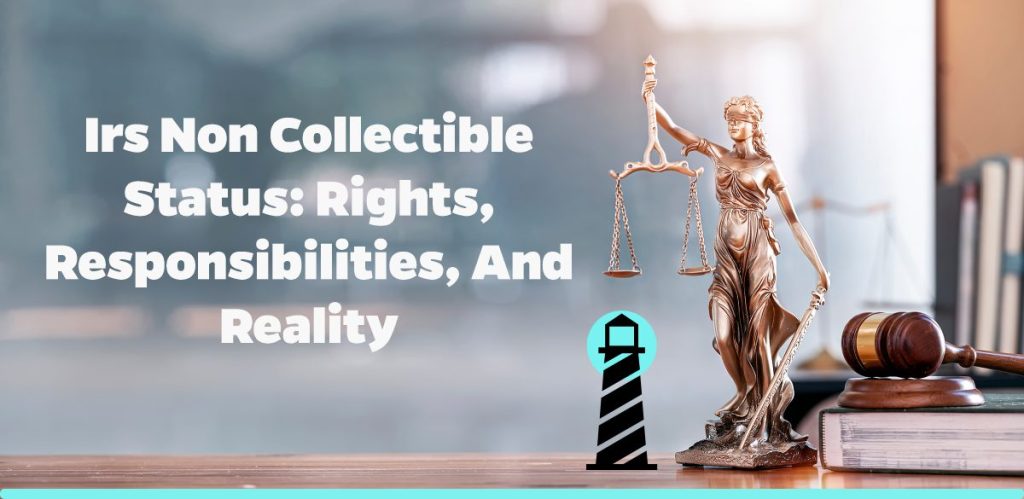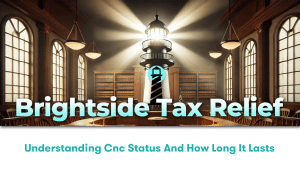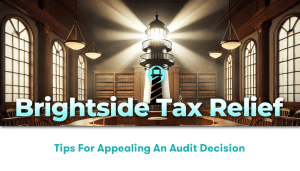What is IRS Non Collectible Status?
The IRS Non Collectible Status, also known as Currently Non Collectible (CNC) status, is a temporary reprieve granted by the Internal Revenue Service (IRS) to taxpayers who are currently unable to pay their federal income tax dues. This special dispensation is based on the taxpayer’s current financial situation and doesn’t signify the dismissal of debt. Rather, it serves as a temporary hiatus during which the IRS won’t initiate collection actions.
However, it’s important to note that achieving the IRS Non Collectible Status isn’t an easy task. The IRS meticulously analyzes the taxpayer’s financial situation and only then grants this status. For taxpayers facing financial hardships, understanding their rights, responsibilities, and the reality of this provision is important.
Understanding the Rights Associated with the IRS Non Collectible Status
One of the fundamental rights provided under the IRS Non Collectible Status is the temporary suspension of collection actions by the IRS. This includes actions such as levies imposed on your wages, bank accounts, or other income sources.
Another accompanying right is the halt of any move by the IRS to seize your properties. During the CNC status period, your assets are generally safe from the asset seizure approach adopted by the IRS for back taxes collection.
Despite these rights, the responsibility to repay the tax debt remains. The IRS Non Collectible Status is a short-term relief and doesn’t wipe out your tax obligations. Here is a useful link to understand more about IRS collection processes.
Responsibilities that Come with IRS Non-Collectible Status
It’s pertinent to clarify here that achieving CNC status doesn’t mean the abandonment of your tax obligations. The tax debt continues to exist, and penalties and interest will still accrue on the unpaid balance.
Responsibility to stay in tax compliance: Once you’re granted CNC status, ensuring full tax compliance for the future becomes crucial. Any additional tax dues or failure to file future tax returns can potentially lead to the termination of your Non-Collectible Status.
It is your responsibility to keep the IRS updated about any significant changes in your financial situation. If your economic condition improves, and you’re still within the ten-year statute of limitations, the IRS may revoke the CNC Status and resume collection efforts.
The Reality of IRS Non Collectible Status
While the IRS Non Collectible Status comes as a relief for financially strapped taxpayers, it’s essential to understand the ground reality of this provision.
CNC status is a temporary reprieve, not a permanent solution: The IRS reviews the CNC case annually to determine whether a taxpayer’s financial status has improved. In case the taxpayer’s financial situation improves significantly, IRS reserves the right to lift the CNC status and begin enforcement actions.
Tax debt, penalties, and interest continue to accumulate: Even while you are under the CNC status, interest and penalties continue to accrive on your outstanding tax debt till it’s paid in full or the statute of limitations expires.
The IRS has a 10-year window to collect tax debt: The statute of limitations for the IRS to collect tax debt is usually ten years from the date of assessment. If this period expires while you are in CNC status, the IRS will generally write off the debt. However, certain actions, such as filing a bankruptcy, may extend this limitation period.
Conclusion: Navigating the IRS Non Collectible Status
Trying to navigate the IRS Non Collectible Status can be quite complex, demanding a thorough understanding of your situations, various IRS processes, and updated tax laws. Here’s where Brightside Tax Relief LLC, a nationwide tax relief company, comes into play.
With a proactive approach to tax resolution, Brightside Tax Relief LLC experts partner with cash-strapped taxpayers, helping them understand their rights, fulfill their responsibilities, and accurately assess the realities associated with the IRS Non-Collectible Status.
Remember, tax debt issues are not to be taken lightly. It’s crucial to stay informed and leverage professional help when needed. Therefore, it’s recommended to reach out to reputed tax relief companies like Brightside Tax Relief LLC for the right guidance and support in managing your IRS tax debt, thus bringing a ton of value and peace of mind to you, the taxpayer.




